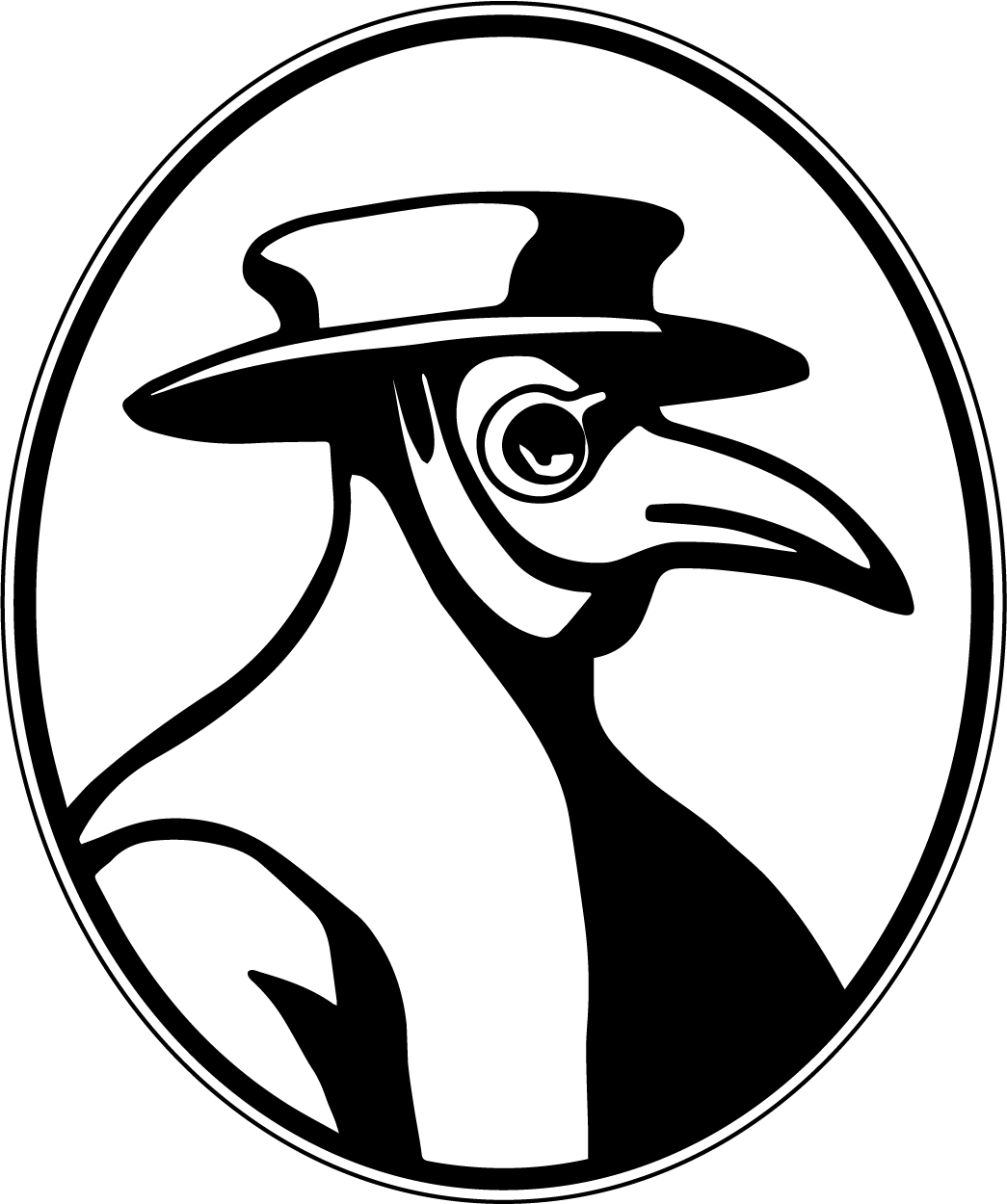Although heavily criticised for spreading conspiracy theories and misinformation, the US President Donald Trump never misses an opportunity to label COVID-19 as the ‘Chinese disease’. Throughout history, fear of infectious disease was used to incite fear and hatred of ethnic, cultural, and religious ‘other’. In Episode 3, Gašper Jakovac is hosting Prof. Ann Thomson (EUI) to discuss the writings of a French anti-religious philosophe Constantin-François Chasseboeuf, comte de Volney (1757–1820), who in the 1780s wrote two extremely hostile accounts of the Ottoman Empire. Travels Through Syria and Egypt (1787), and Considerations on the War with the Turks (1788) were written in a long tradition of European writings which saw the Turks steeped in ignorance, barbarism, and fanaticism. Find out more about how the plague highlights Volney’s anti-Muslim prejudice.
‘Whoever, before the intrusion of the Ottomans, heard of a pestilence on the Mediterranean. This is a calamity introduced by the barbarians, whose stupid fanaticism perpetuates the contagion by renewing its feeds.’
Volney, Considerations on the War with the Turks, p. 58
Contributor
Ann Thomson is Professor Emerita of Intellectual History at the European University Institute. She has published widely on the intellectual history of the long Eighteenth Century, including on the debates about the natural history of man(kind) in this period, and on the European views of the Muslim world. She is particularly interested in the circulation of ideas and information, intellectual networks, and translation. Her most recent books are Bodies of Thought: Science, Religion, and the Soul in the Early Enlightenment (Oxford: Oxford University Press, 2008), and L’âme des Lumières. Le débat sur l’être humain entre religion et science Angleterre-France (1690-1760) (Seyssel: Champ Vallon, 2013).
Further reading
Chénier, Louis de, Révolutions de l’Empire ottoman, et observations sur ses progrès, sur ses revers, et sur l’état présent de cet Empire (Paris, 1789).
Peyssonnel, Charles de, Examen du livre intitulé Considérations sur la guerre actuelle des Turcs, par M. de Volney (Amsterdam, 1788).
Rycaut, Paul, The Present State of the Ottoman Empire. Containing the Maxims of the Turkish Polity, the most Material Points of the Mahometan Religion, their Sects and Heresies, their Convents and Religious Votaries. Their Military Discipline, with an exact computation of their forces both by sea and land (London, 1668).
Thomson, Ann, ‘Ottoman Empire’, in Alan Kors (ed.), Encyclopedia of the Enlightenment (New York: Oxford University Press, 2003).
Thomson, Ann, ‘L’Empire ottoman, symbole du despotisme oriental ?’, in Isabelle Gadoin and Marie-Élise Palmier-Chatelain (eds.), Rêver d’Orient, connaître l’Orient. Visions de l’Orient dans l’art et la littérature britanniques (Lyon: ENS Éditions, 2008), pp. 177–196.
Volney, Constantin-François, Voyage en Syrie et en Egypte pendant les années 1783, 1784 et 1785 (Paris, 1787), 2 vols. Translation: Travels Through Syria and Egypt in the Years 1783, 1784, and 1785 (London, 1787).
Volney, Constantin-François, Considérations sur la guerre actuelle des Turcs (Londres (i.e. Paris), 1788). Translation: Considerations on the War with the Turks (London, 1788).
